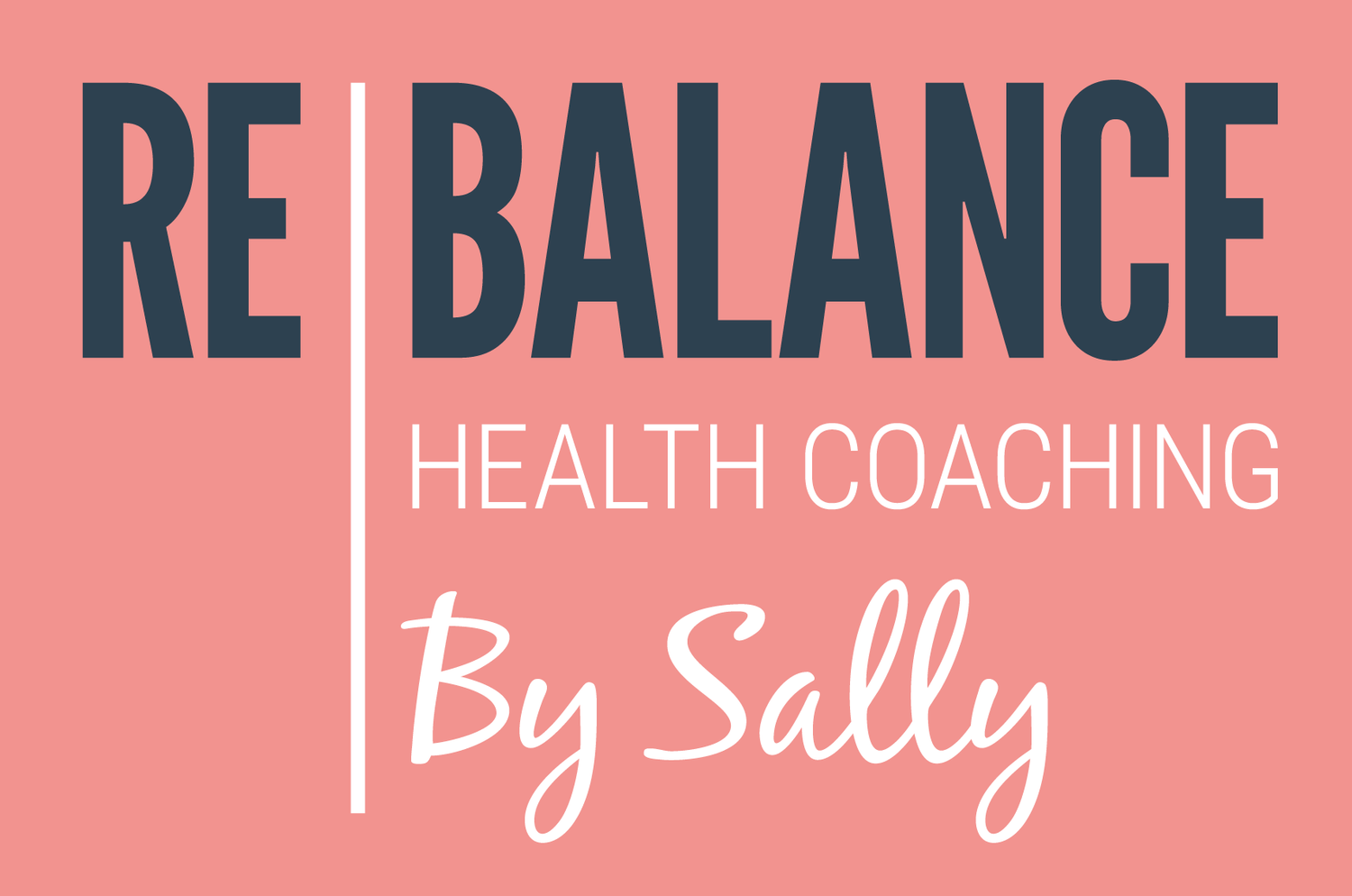Winter Immune Boosters
Do you find that you’re often getting sick, wounds are slow to heal or you’re feeling tired all the time? It could be a sign of a weak immune system.
Our immune systems can be weakened during and after perimenopause due to aging and the reduction of oestrogen. That’s why it’s more important than ever to support our immune health during midlife.
Our immune system is our natural defence mechanism that protects us against infection and disease. 70% of our immune system is located in our gut which is why what we eat and drink is so important for optimal immune function.
Antibodies found in the gut are the body’s first line of defence against disease. When you’re stressed these antibodies are reduced leaving you susceptible to viruses such as cold and flu when you are stressed for prolonged periods of time.
A strong immune system is important for fighting infections, reducing the risk of contracting contagious diseases and helping heal wounds faster. Finding simple ways to strengthen your immune system in midlife is a must if you’re looking to live a healthy, active, long life as well as avoid the colds and flu this winter.
Top 10 tips to support Your immune system
1. Vitamin C boosts the immune system helping your body fight a number of illnesses including those caused by bacteria and viruses. Vitamin C is also an antioxidant that helps fight inflammation and widens the blood vessels which can reduce the risk of high blood pressure.
Good sources of vitamin C include oranges, lemons, kiwis, broccoli, bell peppers, berries and tomatoes
2. Vitamin E increases the production on natural killer cells to help the body fight infections. It also has anti-inflammatory properties.
Foods rich in vitamin E include broccoli, spinach, avocado, pumpkin seeds, almonds and kiwis
3. Vitamin A is critical for immune function.
Good sources of vitamin A include Carrots, broccoli, spinach, eggs, sweet potato, kale, avocado and salmon
4. Zinc is needed for the development and function of immune cells.
Foods rich in Zinc include spinach, chickpeas, cashew nuts, pumpkin seeds, mussels, crab and prawns
5. Gut flora is essential for immune health. Therefore, it’s important to create a healthy microbiome with the following:
Probiotics (good bacteria) e.g. Fermented foods - Kimchi, kombucha, sauerkraut, kefir and
Prebiotics (to feed the probiotics) e.g. Onions, garlic, leeks, oats, cabbage, chia seeds, bananas
6. Green tea is a good immune boosting drink as it has high levels of epigallocatechin gallate (EGCG) which has been shown to enhance immune function. It’s also a good source of L-theanine which may assist in the production of germ fighting compounds in your T cells.
7. Exercise helps to promote a healthy immune system. Find 10-20 mins throughout the day to go for a walk or do your favourite exercise. Daily movement and exercise will also help with your overall health and wellbeing.
8. Manage stress because chronic stress supresses the immune system. Try relaxation, mindfulness and breathing technique to calm the nervous system.
9. Stop smoking and limit alcohol, foods high in sugar and junk food as they can weaken the immune system.
10. Sleep has been linked to a healthy immune system in several studies. Getting enough sleep improves the function of white blood cells so you’re less likely to get illnesses like colds and flu. Good sleep hygiene will help you get your required sleep which is usually between 7- 9 hours.
For support with strengthening your immune system for a winter free from sickness and to support a healthy, active, long life, drop me a line and we’ll arrange a chat rebalancebysally@gmail.com

